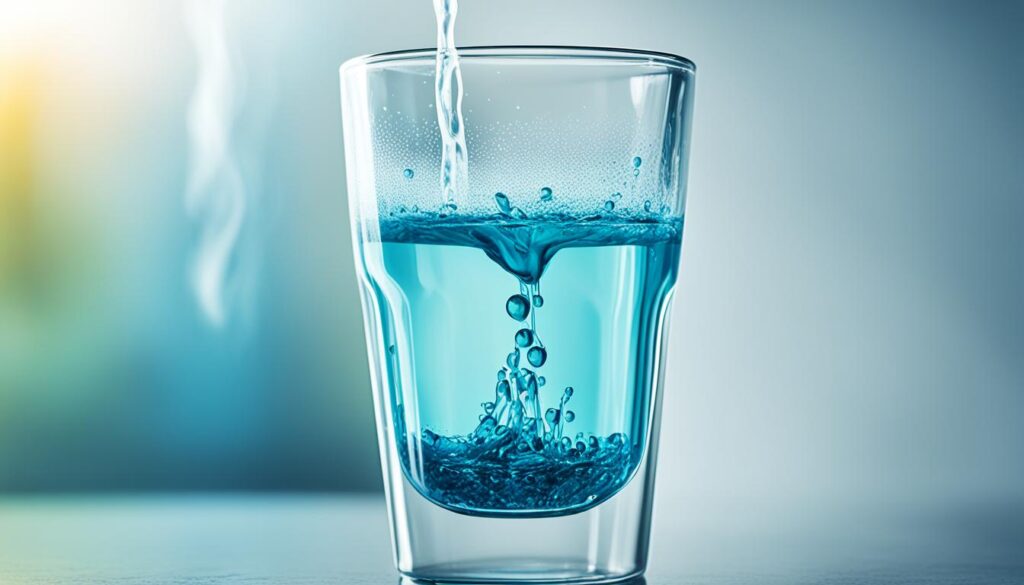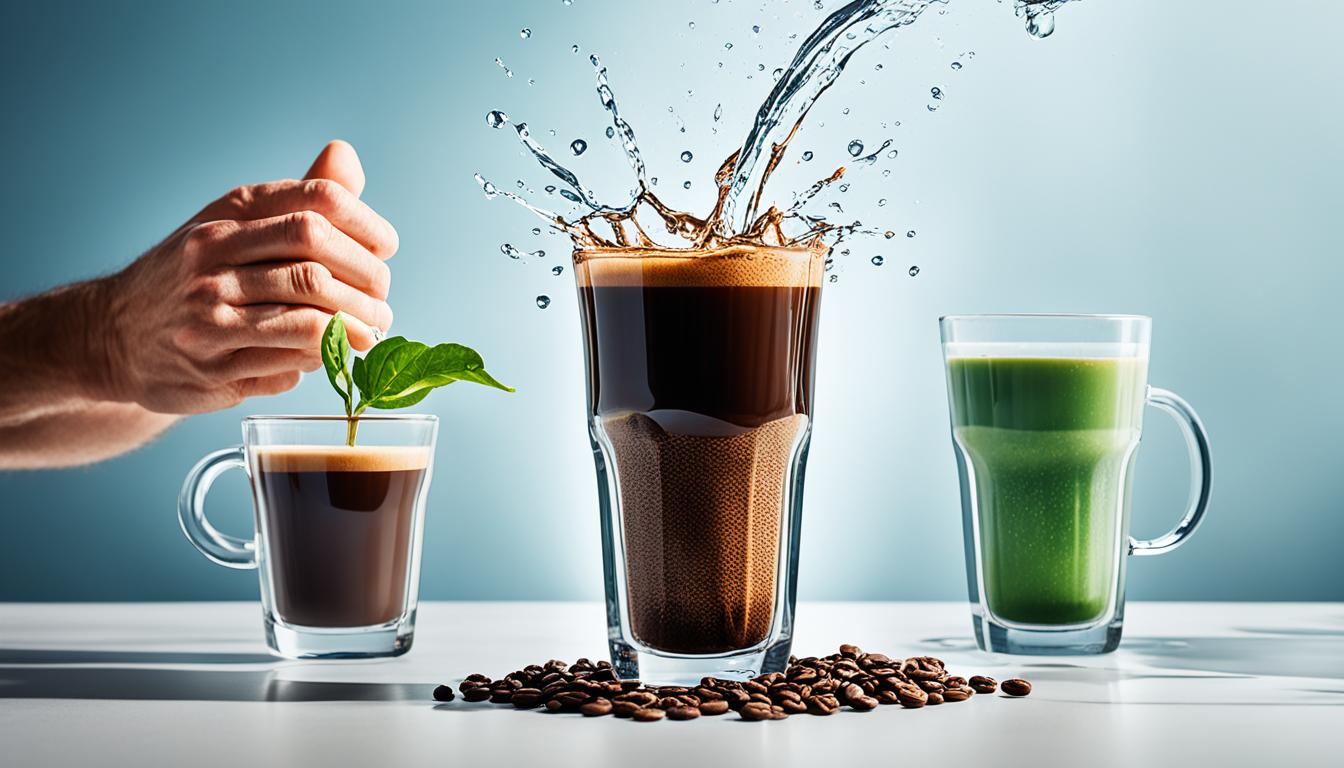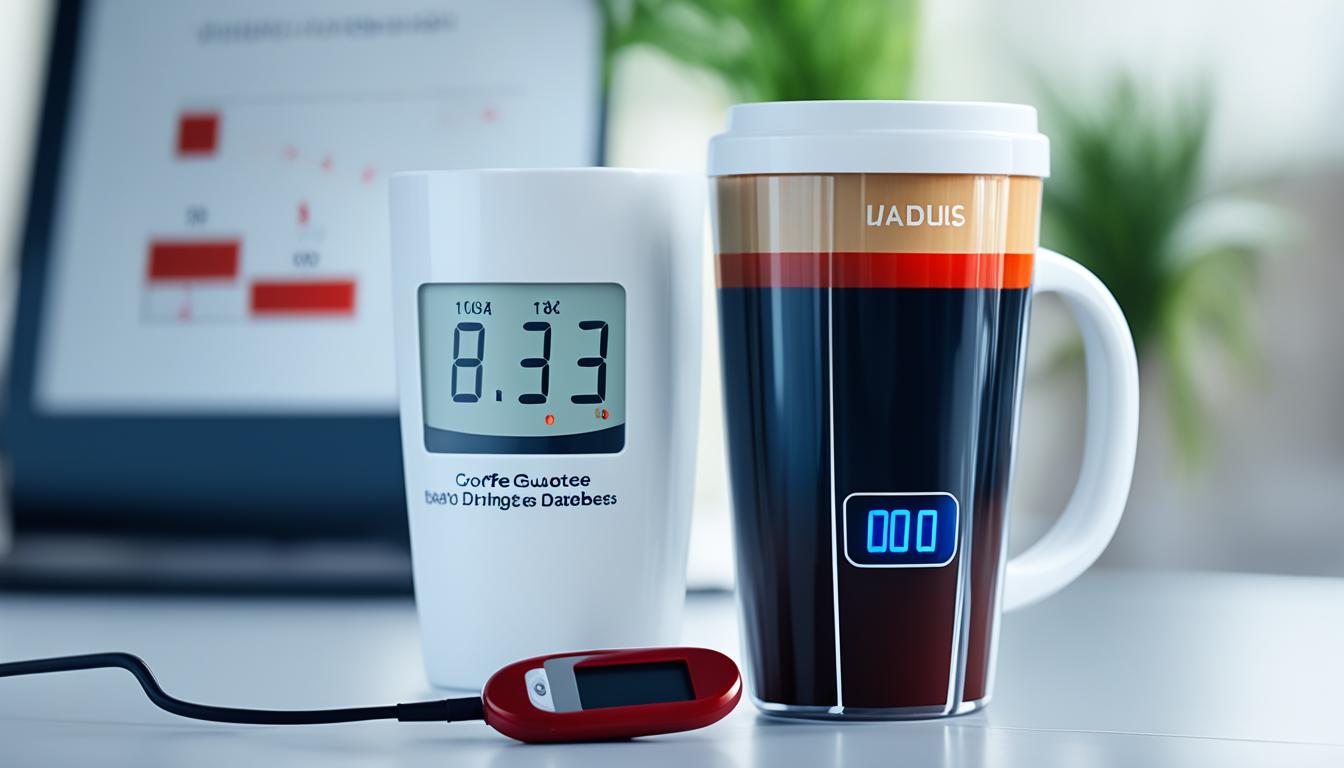For many of us, coffee is an essential part of our daily routine. Whether it’s the aroma that perks us up in the morning or the comforting warmth on a chilly afternoon, coffee has become a beloved beverage worldwide. However, there has been ongoing debate about the impact of coffee on hydration and overall health. In this article, we aim to explore the truth behind the relationship between coffee and hydration, debunk common myths, and highlight the importance of maintaining proper hydration.
When it comes to the effects of coffee on hydration, there are several misconceptions that need to be addressed. Many people believe that coffee dehydrates the body due to its diuretic effect. However, scientific research has shown that moderate coffee consumption does not lead to significant dehydration. In fact, studies have consistently found that coffee can contribute to overall fluid intake.
So, what are the health effects of coffee? While excessive caffeine consumption can have negative effects, moderate coffee consumption can actually offer several benefits. Coffee contains antioxidants that can help reduce inflammation and oxidative stress. Additionally, caffeine can enhance alertness, improve cognitive function, and boost physical performance.
However, it is crucial to emphasize the importance of moderation when it comes to coffee consumption. Too much caffeine can lead to anxiety, disrupted sleep patterns, and caffeine withdrawal symptoms. It’s important to listen to your body and adjust your intake accordingly.
At the same time, while coffee can be a part of a healthy lifestyle, maintaining proper hydration is vital. Water is essential for our bodies to function optimally, and hydration plays a crucial role in overall health and well-being. It’s important to stay hydrated by consuming an adequate amount of fluids, including water and other hydrating beverages, in addition to enjoying your cup of coffee.
Key Takeaways:
- Moderate coffee consumption does not lead to significant dehydration.
- Coffee contains antioxidants that can help reduce inflammation and oxidative stress.
- Caffeine can enhance alertness, improve cognitive function, and boost physical performance.
- Excessive caffeine consumption can have negative effects such as anxiety and disrupted sleep patterns.
- Maintaining proper hydration is essential for overall health and well-being.
Myth of Dehydration: Does Coffee Dehydrate You?
Coffee has long been associated with dehydration, with many believing that its diuretic effect can lead to fluid loss and subsequent dehydration. However, scientific research has debunked this common myth, showing that moderate coffee consumption does not have a significant impact on hydration status.
While coffee does have a mild diuretic effect due to the presence of caffeine, studies have consistently found that the water content in coffee helps compensate for the fluid loss caused by its diuretic properties. In fact, a cup of coffee is made up of over 95% water, which contributes to overall fluid intake.
Contrary to popular belief, coffee can actually contribute to your daily fluid requirements and does not dehydrate the body when consumed in moderation. This myth can be attributed to the misunderstanding of the diuretic effect of coffee and its actual impact on hydration.
In a study published in the Journal of Human Nutrition and Dietetics, researchers found that moderate coffee consumption, defined as up to 5 cups per day, did not result in dehydration. Participants in the study consumed coffee as their primary source of fluid and had similar hydration status to those who consumed water.
Therefore, it is important to note that moderate coffee consumption does not pose a risk of dehydration, as the water content in coffee helps contribute to overall hydration. However, it is still important to maintain a balanced fluid intake and consume other hydrating beverages alongside coffee.
Dispelling the Diuretic Myth
The misconception about coffee dehydrating the body is rooted in its diuretic effect. A diuretic is any substance that increases urine production, leading to fluid loss. Caffeine, the key stimulant in coffee, is a mild diuretic that causes the kidneys to produce more urine.
While the diuretic effect of caffeine does increase urine production, it is important to note that the overall impact on hydration is minimal. The water content in coffee helps compensate for the fluid loss caused by the diuretic effect, preventing significant dehydration.
“Scientific research has shown that the diuretic effect of coffee is outweighed by its water content, resulting in overall hydration.”
Additionally, the diuretic effect of coffee is more pronounced in individuals who are not habitual coffee drinkers. Regular coffee drinkers develop a tolerance to the diuretic effect, minimizing its impact on overall hydration.
It is worth mentioning that excessive consumption of coffee, particularly in high doses, can have a more noticeable diuretic effect and may lead to dehydration. However, this is not common among moderate coffee drinkers who consume coffee within recommended limits.
| Myth | Fact | |
|---|---|---|
| Effect on hydration | Coffee dehydrates the body | Moderate coffee consumption does not lead to dehydration |
| Diuretic effect | Coffee causes significant fluid loss | The water content in coffee compensates for the mild diuretic effect |
| Fluid intake | Coffee does not contribute to daily fluid requirements | Coffee can contribute to overall fluid intake, but balanced fluid intake is still important |
It is important to maintain a balanced approach to coffee consumption and hydration. Enjoying coffee in moderation, alongside a varied fluid intake, can contribute to overall hydration without causing dehydration.
The Caffeine Conundrum: Understanding the Effects of Caffeine
Caffeine, the primary active component in coffee, has a complex relationship with our health. It offers both benefits and drawbacks that are important to understand. Let’s take a closer look at how caffeine affects us.
The Positive Effects of Caffeine
Caffeine has been shown to enhance alertness and increase focus, making it a popular choice for many individuals to kickstart their day. Studies have also suggested that caffeine can improve cognitive function, enhancing memory, reaction time, and overall mental performance. Additionally, caffeine has been found to boost physical performance, making it a common ingredient in sports performance supplements.
The Dark Side of Caffeine
While caffeine can have positive effects, it’s essential to be mindful of our consumption. Excessive caffeine intake can lead to negative effects such as anxiety, jitters, and disrupted sleep patterns. Caffeine is a stimulant that can interfere with our natural sleep-wake cycle, making it harder to fall asleep or achieve restful sleep. Furthermore, abruptly reducing or eliminating caffeine intake can result in caffeine withdrawal symptoms, including headaches, fatigue, and irritability.
“Caffeine is a powerful compound that can have both positive and negative effects on our health. It’s crucial to find a balance that works for us individually.”
Individual Responses to Caffeine
One interesting aspect of caffeine is that individual responses can vary significantly. While some people may experience a boost in energy and mental alertness, others may be more sensitive to the effects of caffeine and experience discomfort or anxiety. It’s important to listen to our bodies and adjust our caffeine intake accordingly. Being aware of our tolerance and personal preferences can help us make informed decisions.

| Positive Effects of Caffeine | Negative Effects of Caffeine |
|---|---|
| Enhances alertness and focus | May cause anxiety and jitters |
| Improves cognitive function | Can disrupt sleep patterns |
| Boosts physical performance | May lead to caffeine withdrawal symptoms |
Coffee and Heart Health: Disbanding the Link to Heart Disease
For many years, there has been a misconception that coffee is linked to an increased risk of heart disease. However, recent research has debunked this myth and even suggested that moderate coffee consumption may have protective effects on heart health.
While caffeine can temporarily increase blood pressure, regular coffee consumption does not have a significant impact on long-term blood pressure levels. In fact, coffee is a rich source of antioxidants, which can help reduce inflammation and oxidative stress, both of which are associated with the development of heart disease.
Coffee contains a variety of antioxidants, such as chlorogenic acid and polyphenols, which have been shown to have positive effects on heart health. These antioxidants can help prevent the oxidation of LDL cholesterol, reduce plaque formation in the arteries, and improve overall cardiovascular health.
Studies have also shown that moderate coffee consumption is not associated with an increased risk of heart disease. In fact, some studies have even found a lower risk of heart disease among coffee drinkers.
“The relationship between coffee consumption and heart disease risk has been extensively studied, and the results consistently show that moderate coffee consumption is not harmful to heart health.”
It’s important to note that these benefits are seen with moderate coffee consumption, typically 3-5 cups per day. Excessive consumption of coffee or adding excessive amounts of sugar and creamer to coffee may have negative effects on heart health, such as increasing cholesterol levels and adding empty calories.
In conclusion, the belief that coffee is linked to an increased risk of heart disease is unfounded. Moderate coffee consumption, along with a balanced and healthy lifestyle, can be part of a heart-healthy diet. Remember, moderation is key, and it’s always a good idea to consult with a healthcare professional for personalized advice.
References:
- “Coffee consumption and cardiovascular health: getting to the heart of the matter.” British Journal of Nutrition, vol. 119, no. 8, 2018.
- “Coffee consumption and risk of myocardial infarction: a dose-response meta-analysis of observational studies.” International Journal of Cardiology, vol. 137, no. 3, 2009.
- “Antioxidant properties of coffee and its potential impact on chronic diseases.” Antioxidants, vol. 9, no. 7, 2020.
Conclusion
In conclusion, coffee does not dehydrate the body as widely believed. Moderate consumption of coffee does not lead to significant dehydration, as the water content in coffee helps maintain hydration. In fact, coffee offers various health benefits, including improved alertness and cognitive function. It may also have potential protective effects against certain diseases.
However, moderation is key when it comes to coffee consumption. Being aware of individual responses to caffeine and adjusting intake accordingly is important. Excessive caffeine consumption can lead to negative effects such as anxiety, disrupted sleep patterns, and caffeine withdrawal symptoms.
While enjoying your daily cup of coffee, it is crucial to prioritize proper hydration. Maintaining adequate hydration through a balanced fluid intake, including water and other hydrating beverages, is essential for overall well-being.
FAQ
Does coffee dehydrate you?
Scientific research has shown that moderate coffee consumption does not lead to significant dehydration. While coffee does have a mild diuretic effect, the water content in coffee helps compensate for fluid loss. Studies have consistently found that moderate coffee consumption does not have a negative impact on hydration status.
What are the effects of caffeine on hydration?
Caffeine, the primary active component in coffee, has both positive and negative effects on health. It can enhance alertness, improve cognitive function, and boost physical performance. However, excessive caffeine consumption can lead to negative effects, such as anxiety, disrupted sleep patterns, and caffeine withdrawal symptoms. Individual responses to caffeine can vary, so it’s important to listen to your body and adjust your intake accordingly.
Does coffee have an impact on heart health?
Recent research has debunked the myth that coffee is linked to an increased risk of heart disease. In fact, moderate coffee consumption may have protective effects on heart health. While caffeine can temporarily increase blood pressure, regular coffee consumption does not have a significant impact on long-term blood pressure levels. Furthermore, coffee is a rich source of antioxidants, which can help reduce inflammation and oxidative stress, both of which are associated with the development of heart disease.
How should I moderate my coffee consumption?
It is important to consume coffee in moderation and be aware of individual responses to caffeine. While moderate coffee consumption has been found to have numerous health benefits, excessive caffeine intake can lead to negative effects. It is recommended to limit caffeine intake to no more than 400 milligrams per day, which is roughly equivalent to 4 cups of brewed coffee. Additionally, it is important to maintain proper hydration through a balanced fluid intake, including water and other hydrating beverages.
What are the benefits of coffee?
Coffee has numerous health benefits when consumed in moderation. It can enhance alertness, improve cognitive function, and boost physical performance. Coffee is also a rich source of antioxidants, which have been linked to a reduced risk of certain diseases. However, it’s important to note that individual responses to coffee can vary, and excessive consumption can have negative effects. Therefore, it is important to listen to your body and consume coffee in moderation.
How important is hydration?
Hydration is vital for overall health and well-being. Proper hydration helps regulate body temperature, supports digestion, lubricates joints, and aids in the transportation of nutrients throughout the body. Staying hydrated also helps maintain cognitive function, energy levels, and physical performance. It is recommended to drink enough fluids throughout the day to satisfy your body’s hydration needs, and water is the most essential source of hydration.




